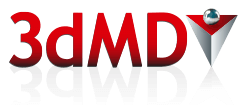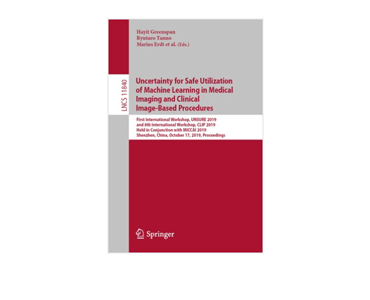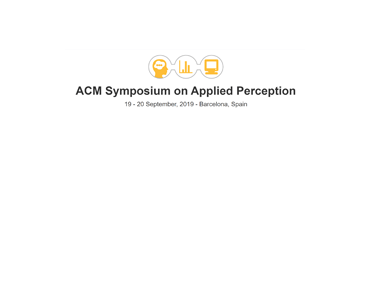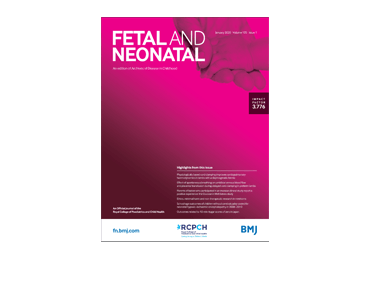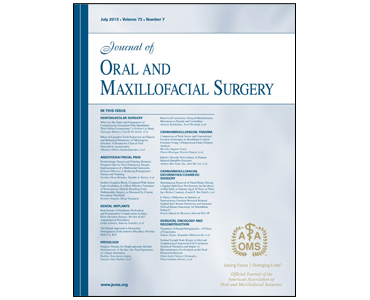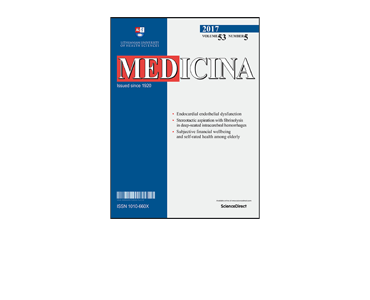Development of a 3D Body Database to Improve Measures of Perceptual Male Body Image Distortion. SM Mohamed, N Maalin, RS Kramer, A Irvine, PL Cornelissen, KL Ritchie, MJ Tovee.
Date: October 2019. Source: 3DBODY.TECH 2019 – 10th International Conference and Exhibition on 3D Body Scanning and Processing Technologies, Lugano, Switzerland. Abstract: There are important limitations in the current methodological stimuli being used in perceptual body image research among men, including a reliance on unrealistic images, a lack of biometric validity, and little consideration of…
Details